The one fact that continues to astonish me about Nelson Mandela is this: He studied Afrikaans in prison.
It was the language of the wardens. It was the language of the people who ruled South Africa as a minority and instituted apartheid to deprive the majority black population of its rights. It was the language of the people who forced Mandela to work for years at hard labor, chipping rocks and mining limestone. It was the language of the people who denied Mandela his request for sunglasses, so eventually the glare of the South African sun off the limestone would permanently damage his eyes. The dust would cause the respiratory diseases that, this week, have brought him to what, at this hour, appears likely to be his deathbed.
Mandela learned Afrikaans. The reason, he told biographer Anthony Sampson, was so he could convert his captors, his torturers, his oppressors, to his cause — the cause of freedom.
“Mandela was developing a special interest in the Afrikaner mindset,” Sampson wrote. “He urged the other prisoners to talk with the wardens in Afrikaans, however much they disliked it.”
The learning had a practical purpose as well — it made Mandela a more effective fighter and leader.
“Mandela, in his cell, learnt much more about the Afrikaners than we who were fighting them,” one future colleague of his said. “He knew he could negotiate with them.”
[Related: A South African rabbi reflects on Nelson Mandela]
Think of Moses living among the Egyptians, eventually being able to speak to Pharaoh.
In fact, Mandela was as close to the biblical Moses as we’ll see in our lifetime.
He was given up by his mother to be raised at the “great palace” at Mqhekezweni by a royal family — straight out of Exodus. He was, like Moses, deeply imperfect. He chose to abandon nonviolence for violent resistance. When Western leaders turned their backs on him, he turned for help to communism and to all the unsavory rebels of his day — Fidel Castro, Muammar Gadhafi, Yasser Arafat. His private life was not an episode of “Father Knows Best.” But he freed his people.
It is a well-known and well-promoted fact that this Moses carried on his struggle side-by-side with Jews. The e-mails zinging about trumpeting Mandela’s Jewish connections are as ubiquitous and self-congratulatory as those listing Jewish Nobel Prize winners. But the facts speak for themselves. It was a liberal Jew, Lazar Sidelsky, who took an interest in a young Mandela, gave him his first job as a law clerk and, in Mandela’s words, became his “first white friend.”
Anti-apartheid activist Arthur Goldreich pretended to own the farm near Johannesburg where the fugitive Mandela hid. Nadine Gordimer helped write Mandela’s speech at his Rivonia Trial, at which Mandela’s co-defendant, Denis Goldberg, was also sentenced to life in prison. Mandela’s defense attorneys were Jewish (then again, so was the state prosecutor). The list goes on.
“I found Jews to be more broadminded than most whites on issues of race and politics,” Mandela once wrote, “perhaps because they themselves have historically been victims of prejudice.”
In other words, the Jews who supported Mandela fought out of the same sense of empathy that animated him. Because you were slaves in Egypt turns out not to be just a line we say at Passover.
Was it more impressive that Jews, who could have lives of white privilege in apartheid South Africa, aligned themselves with Mandela, or that Mandela, who suffered deeply at the hands of the Afrikaners, sought to empathize with them? Either way, the same powerful force was at work.
That empathy was the flip side of fear. Instead of succumbing to the hate and fear he surely deserved to feel, Mandela pushed through.
“Resentment,” Mandela said, “is like drinking poison and hoping it will kill your enemies.”
In prison on Robben Island, Mandela learned Afrikaans. Why else does that astonish me? Because it showed not just empathy, but optimism.
Mandela was sentenced to life in prison. The Afrikaner authorities wanted him to try to escape — they had plans to shoot him dead should he try. His situation was the definition of hopeless — and Mandela saw hope. He couldn’t foresee the end, 27 long years away, but he believed in a better day.
Even now he leaves behind a South Africa going through paroxysms of violent change. To throw off the oppressor is the first, necessary step — but the way after that is long, often terrible and unclear. That was true of Mandela, as it is true in the Middle East. I wonder how many of those who would turn back the Arab Spring because of the unrest and uncertainty that has followed would say the same about Mandela, or say it publicly.
No, Mandela’s legacy, his lesson, is in those two words, empathy and optimism, and he said it best:
“Part of being optimistic,” Mandela wrote, “is keeping one’s head pointed toward the sun, one’s feet moving forward. There were many dark moments when my faith in humanity was sorely tested, but I would not give myself up to despair. That way lays defeat and death.”
From Moses to Mandela, there has been only one Mandela.
Rob Eshman is publisher and editor-in-chief of TRIBE Media Corp./Jewish Journal. E-mail him at robe@jewishjournal.com. You can follow him on Twitter @foodaism.







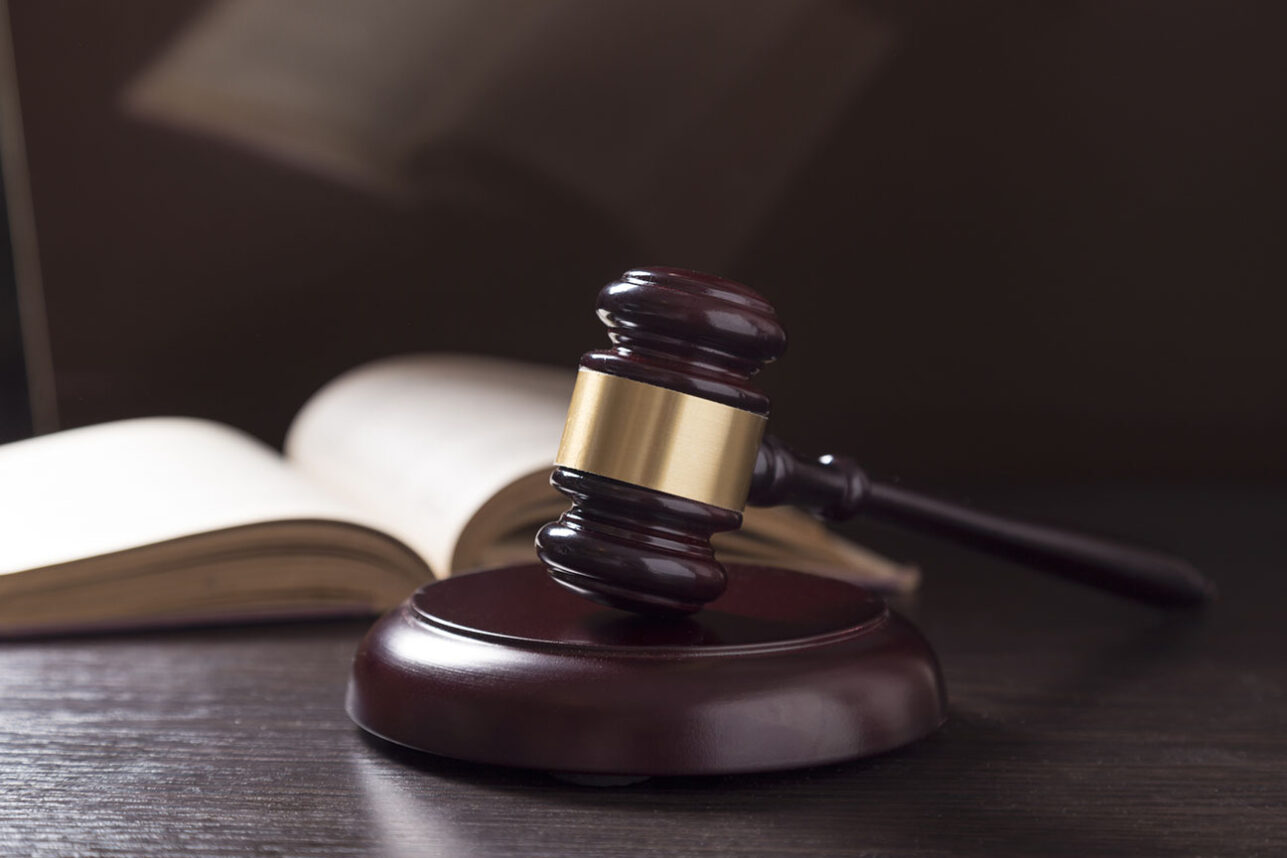
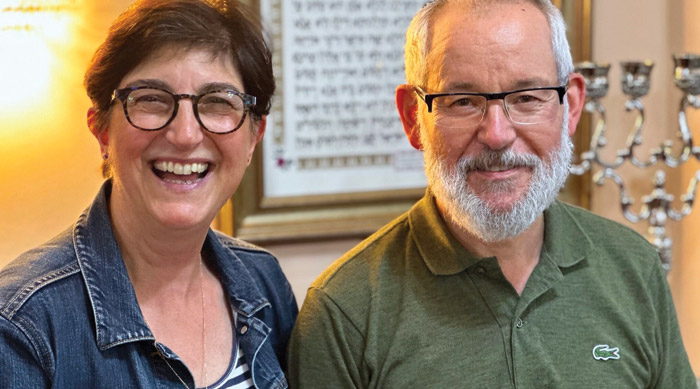
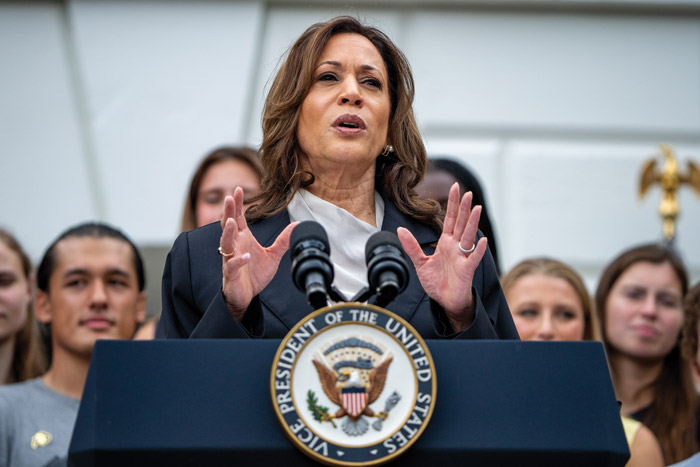
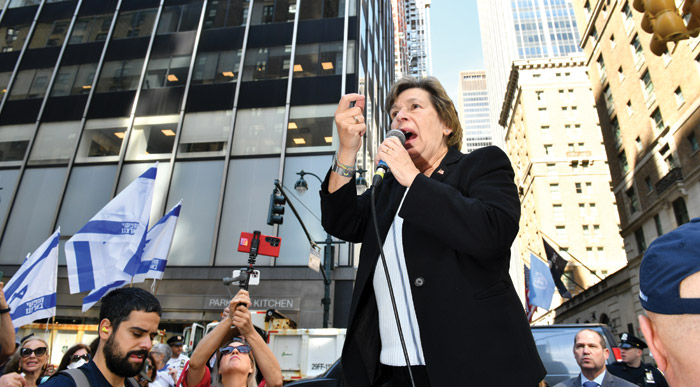
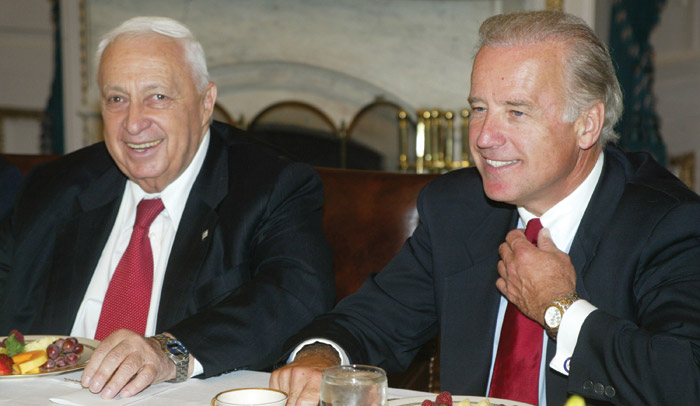
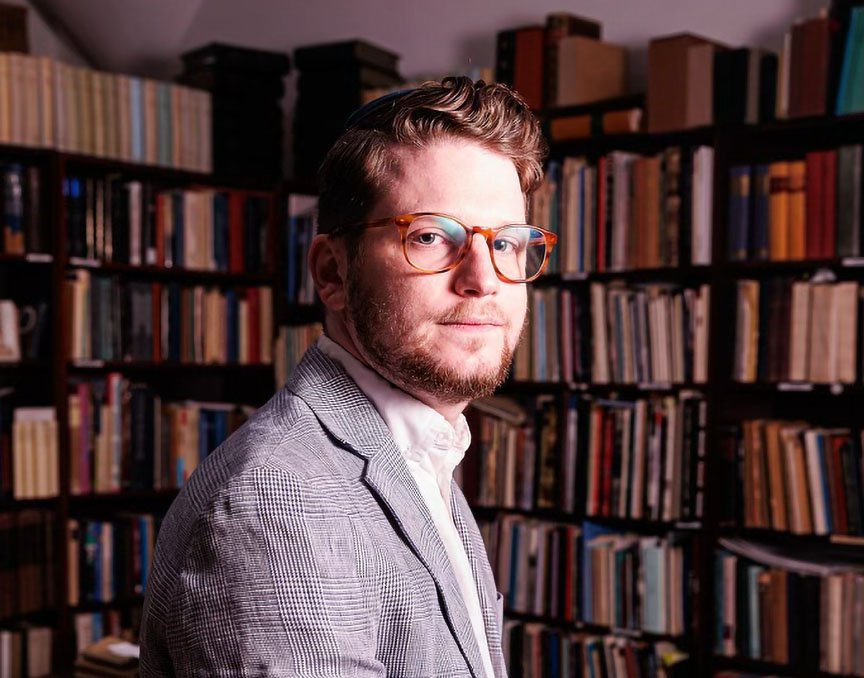

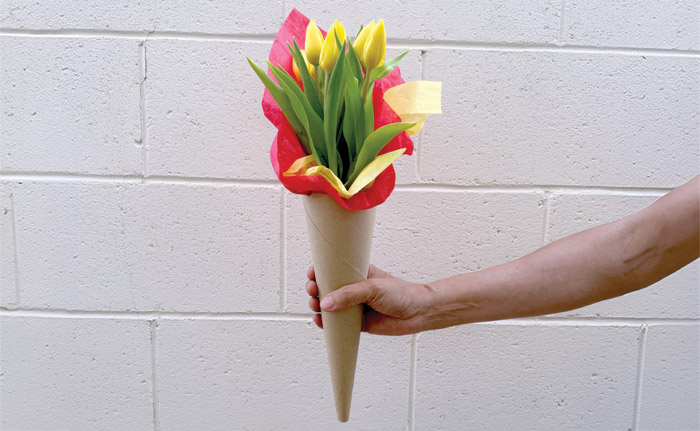
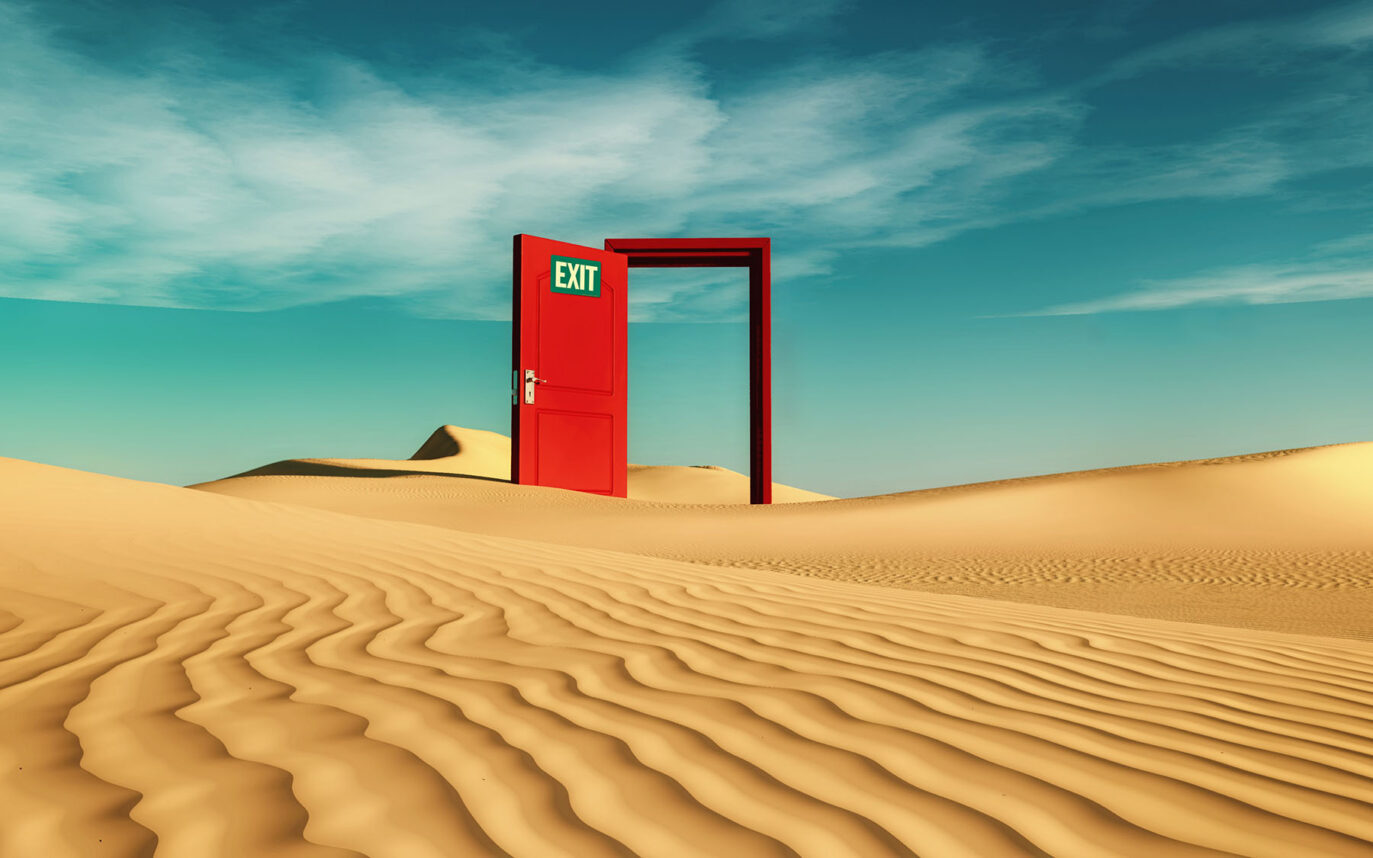
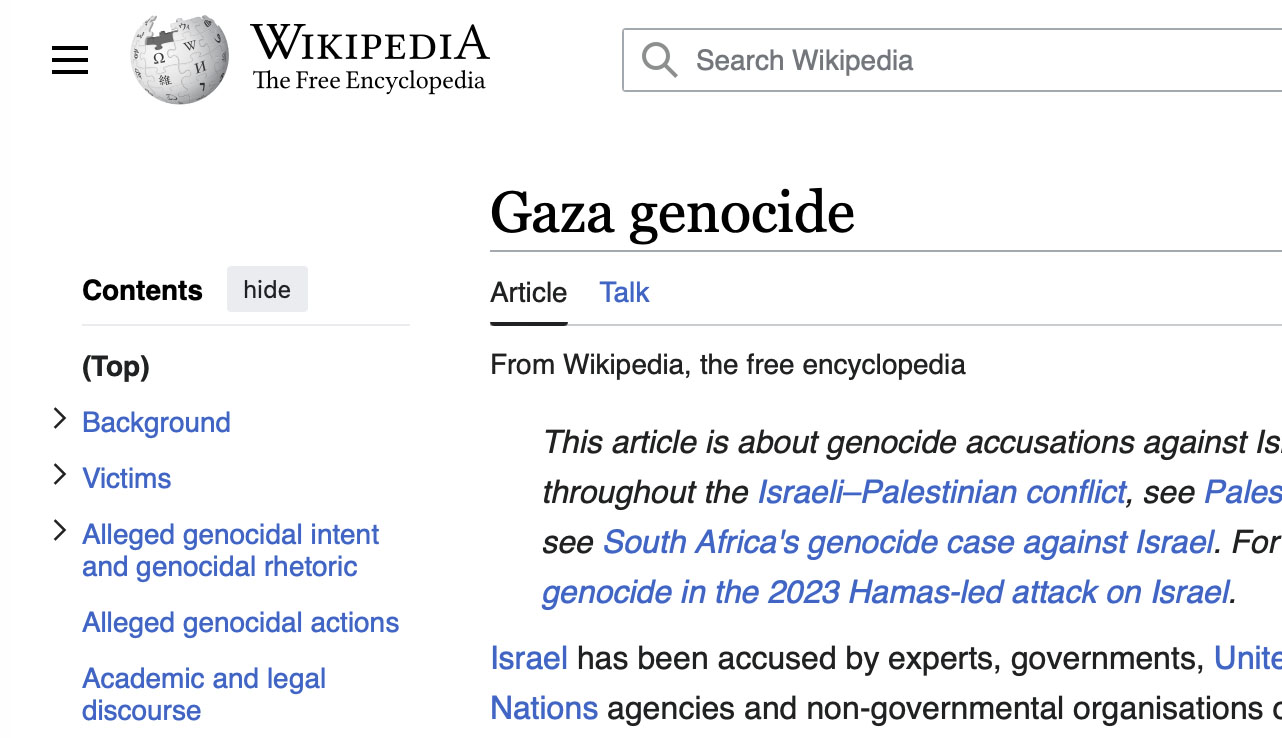



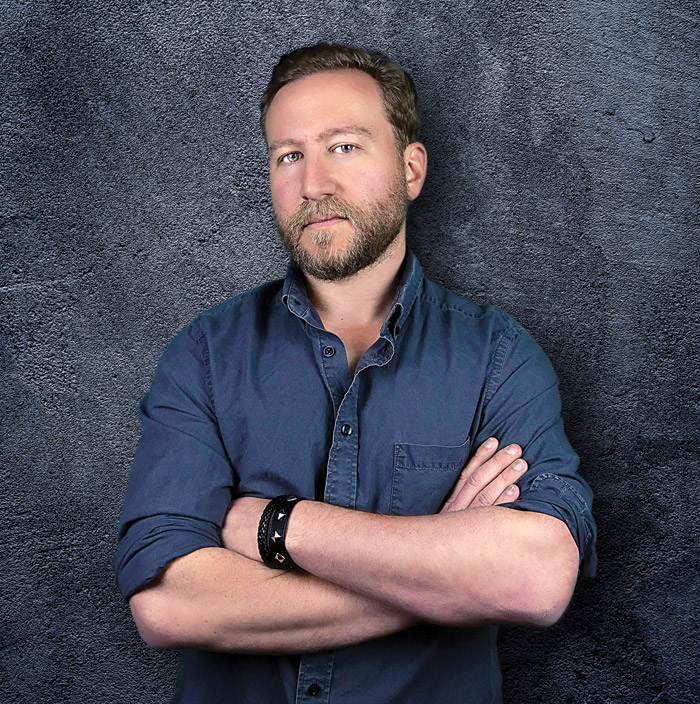

 More news and opinions than at a Shabbat dinner, right in your inbox.
More news and opinions than at a Shabbat dinner, right in your inbox.